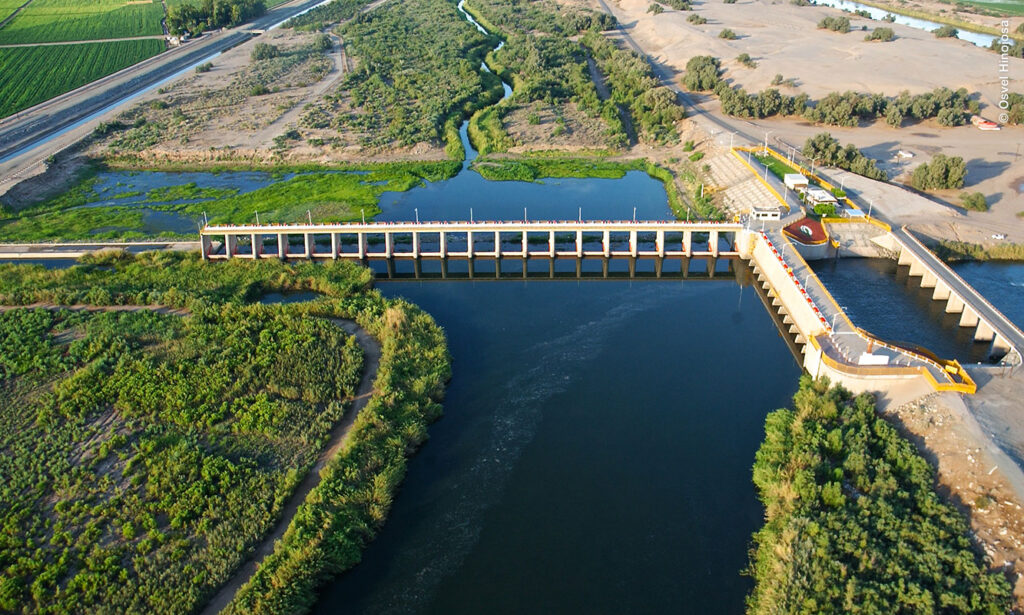
The agreements of Minute 323 contribute to the hydrological security of the region and the restoration of the Colorado River delta.
Minute 323 is an extension of the measures adopted in Minute 319 and represents a joint effort of federal, state, and local agencies in both countries to establish a course toward greater water security for the more than 36 million people who depend on the Colorado River in Mexico and the United States, including more than 2 million people in Mexicali, Tecate, Tijuana, Rosarito, and Esenada in Baja California and close to 200,000 hectares of crops in the valleys of Mexicali, Baja California, and San Luis Rio Colorado, Sonora. The Colorado River is one of the most important sources of water in Western North America, supplying seven states in the United States and Baja California and Sonora in Mexico.
This addendum to the International Waters Treaty of 1944 between both countries specifically:
- Ensures Mexico continued access to water stored in the Hoover Dam, which allows Baja California to administer the resource better and face the challenge of a reduction in supply due to climate change.
- Continues investment to modernize the hydro-agricultural infrastructure in the Mexicali Valley, improving its efficiency to conserve an estimated annual volume of more than 200 million cubic meters of water for Mexico.
- Proposes voluntary water cuts for both countries to avoid a declaration of scarcity and minimize the impact on users.
- Renews the recognition of the Colorado River delta and riparian corridor embodied in Minute 319 as a place of ecological importance and historic responsibility for both countries.
- Obligates the governments of Mexico and the United States, together with civil society organizations, to provide water and financing to continue habitat restoration efforts and scientific monitoring of the Colorado River Delta until 2026.
The signing of Minute 323 between Mexico and the United States demonstrates the power of cooperation between national governments, water agencies, and state governments in collaboration with user associations, academic institutions, and civil society organizations. The undersigned organizations that have contributed to this effort celebrate that the society and government of this region continue generating efficient models and mechanisms for the comprehensive and sustainable management of transnational rivers that serve as examples worldwide.
- Pronatura Noroeste
- El Colegio de la Frontera Norte
- Restauremos el Colorado
- Sonoran Institute México
- Instituto de Ingeniería de la Universidad Autónoma de Baja California












